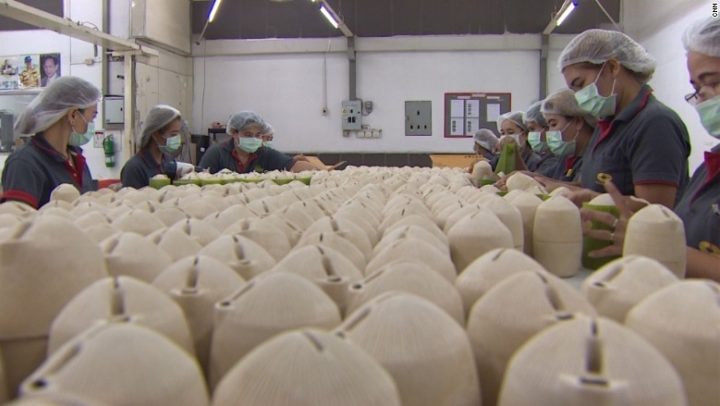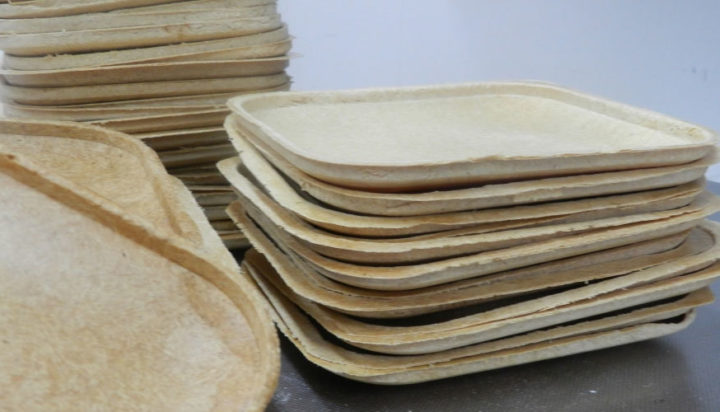Food Packaging Local Materials Production

With expanding Asian economies and growing demand for food packaging, many countries are faced with increasing waste issue. Today's article discusses Thailand-based manufacturer UBPack, and it’s locally made eco-packaging produced from locally sourced waste (bamboo & cassava).
Both bamboo and cassava starch are crops that are grown widely across Thailand. Cassava, known in a world of trade as tapioca flour, is mostly exported into edible varieties such as crisps, pellets for animal feed, starch for cooking and a modified starch utilised for paper, textiles, food, drink, glues and alcohol industries. On the other hand, Bamboo, is one of the most versatile plants in Thailand and is used for beams, walls, floors, roofs, scaffolding, tools, basketry, toothpicks, chopsticks amongst an abundance of other products.
Through an innovative and environmentally conscious approach, UBPack has translated the waste of the aforementioned industries into a completely biodegradable packaging solution for the food and beverage industry. By using local cassava leftovers and chopstick industry by-products, on a monthly basis, this ethical manufacturer is repurposing 1.5 tonne of waste produced in Thailand.
Off the shelf products are characterised by natural earth tone colour and come in a variety of sizes including bowls up to 600ml, cups up to 500ml, plates up to 22cm and trays that are suitable for multi-purpose applications. This packaging further benefits from excellent properties such as:
- Water resistance at 90°C the packaging is stable for up to 20 minutes and at room temperature is stable for up to 2-3 hours
- At freezing conditions between -1°C and -18°C the packaging will be stable for more than three months
- Microwaveable (could last up to 2-3 minutes)
- Ovenable up to 200°C
- Resistant to penetration of hot/cold liquid food such as ice creams, soups and sauces for temporary use
- Minimum wall thickness is 1.6 mm
- Rigid packaging applications
If your requirements are outside of these remits then you have the potential to opt for the customisable shape and size with 1-month lead-time. These products can be further personalised with natural dyes, screen-printing or PLA shrink sleeve.

With the potential of replacing the single use plastic packaging populating waterways of cities like Bangkok, this material also serves as a valuable demonstration of “locally-made and locally-sourced” trend translated into a large-scale production.
In conclusion, being at the brink of trends and innovation, at Nirvana we see UBPack as a material that offers an array of opportunities for designers to create aesthetic yet responsible packaging solutions that use local materials for the masses.
If you are interested to get more information on how a material story could add value to your brand or would simply want to participate in our event concluding “Material Monday: Series 1”, please do not hesitate to get in touch.
Posted 14 July, 2017 by Katie Kubrak